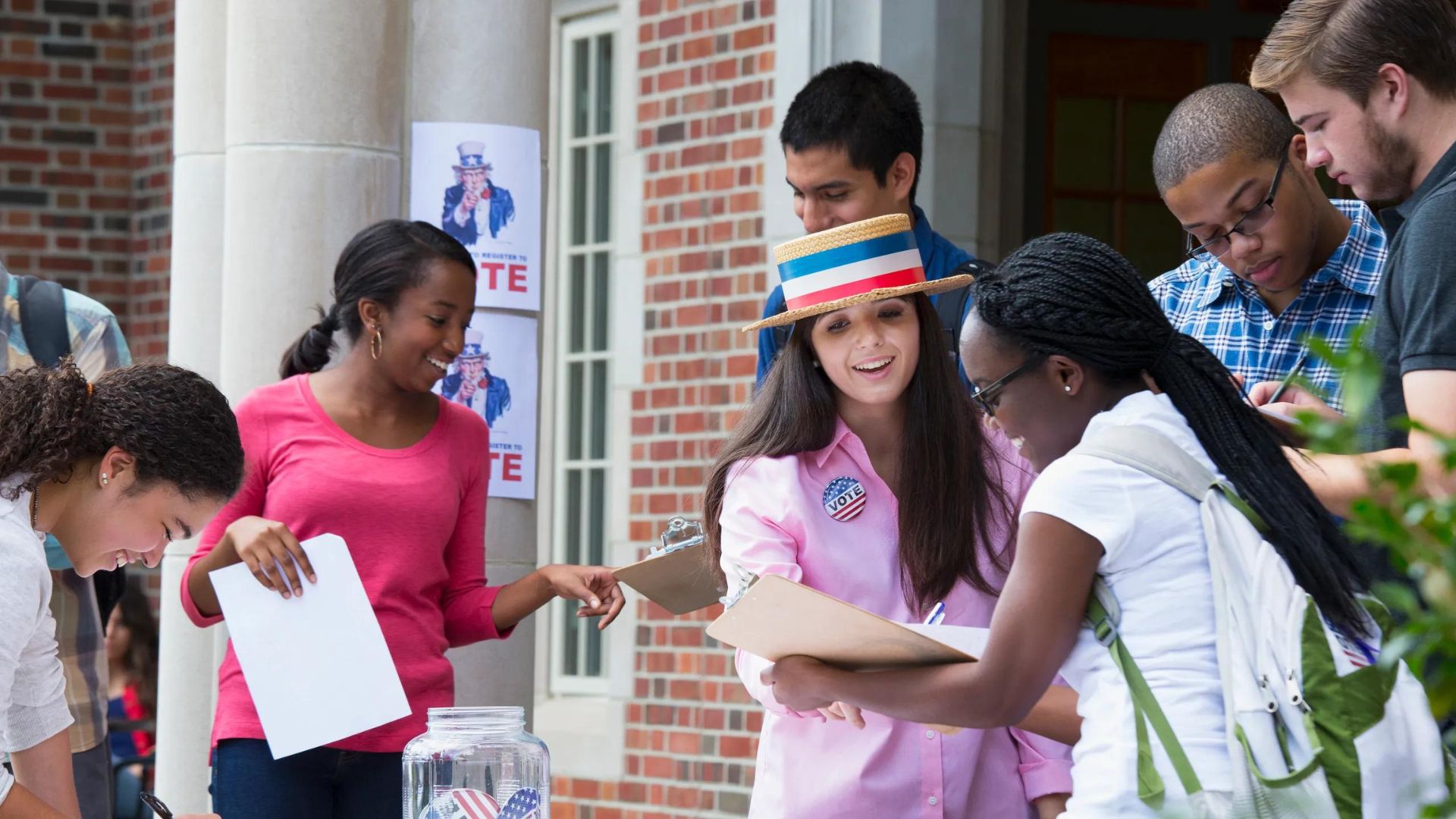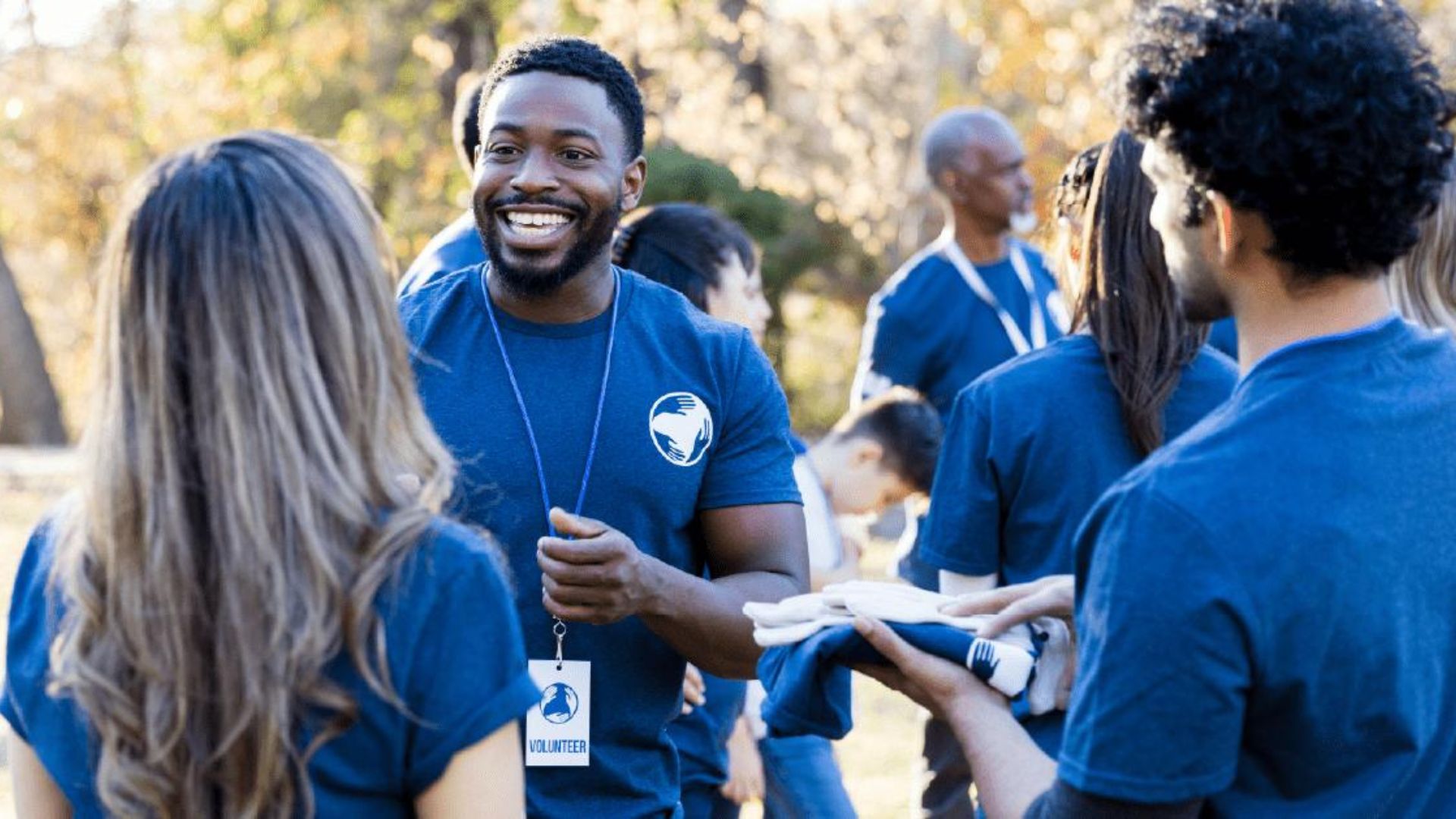Election campaign volunteers play a critical role in driving a campaign’s success. Organizing these volunteers effectively ensures that every effort is maximized and that the campaign runs smoothly. Here’s a guide on how to get the most out of your volunteers and keep them motivated and productive.
Recruiting the Right Volunteers
The first step in organizing election campaign volunteers is to recruit the right people. Start by identifying the skills and qualities you need in your volunteers. Are you looking for people with strong communication skills, tech-savvy individuals, or those with a knack for event planning? Once you know what you need, reach out through social media, local events, and community organizations to find volunteers who match these criteria. A well-rounded team will be more effective and engaged.

Creating Clear Roles and Responsibilities
To keep election campaign volunteers organized, assign clear roles and responsibilities. When each volunteer knows what is expected of them, they can work more efficiently. Create specific job descriptions for each role, such as canvassers, phone bankers, or event coordinators. Make sure to communicate these roles clearly and provide any necessary training. This structure helps prevent confusion and ensures that every task is covered.
Training and Empowering Volunteers
Effective training is crucial for election campaign volunteers to perform their duties confidently. Organize training sessions that cover the basics of the campaign, including key issues, candidate positions, and strategies. Provide practical training on tools and technology they will use, like voter databases or phone systems. Empowering your volunteers with knowledge not only boosts their confidence but also enhances their effectiveness.
Setting Up Efficient Communication Channels
Good communication is essential for managing election campaign volunteers. Establish clear and efficient communication channels, such as group chats, emails, or dedicated project management tools. Regularly update your volunteers on campaign developments, upcoming events, and any changes in their tasks. Effective communication helps keep everyone on the same page and ensures that issues are addressed promptly.
Motivating and Recognizing Volunteers
Keeping election campaign volunteers motivated is key to maintaining their enthusiasm and commitment. Recognize their hard work through regular feedback, thank-you notes, or public acknowledgment at campaign events. Offer incentives where possible, such as campaign merchandise or special volunteer events. When volunteers feel appreciated, they are more likely to stay engaged and work harder.
Organizing a dedicated team of volunteers is a cornerstone of any successful political campaign. Much like a strategist betting on sports, a campaign manager must assess strengths and deploy resources wisely to secure a win.
Clear communication channels and defined roles prevent confusion, ensuring every volunteer knows their part in the larger strategy. Providing proper training and appreciation keeps morale high and your ground game strong.
Scheduling and Managing Shifts
Proper scheduling is crucial for election campaign volunteers to ensure coverage and avoid burnout. Use scheduling tools to manage shifts and track volunteer availability. Make sure to accommodate volunteers’ preferences and any potential conflicts. Providing a flexible schedule helps retain volunteers and ensures that all campaign needs are met without overloading any individual.
Monitoring Progress and Providing Support
Regularly monitor the progress of your election campaign volunteers and provide support as needed. Check in with volunteers to see if they have the resources and assistance they need to complete their tasks. Address any challenges they face and provide solutions or additional training if necessary. Continuous support helps maintain productivity and volunteer satisfaction.
Organizing Events and Activities
Events and activities are a great way to engage election campaign volunteers and build team spirit. Organize regular meetings, social gatherings, or training workshops to keep volunteers connected and motivated. These events also offer opportunities to share updates, celebrate successes, and discuss any challenges. A cohesive team is more likely to work effectively towards common goals.
Evaluating and Adjusting Strategies
To ensure the success of your election volunteers, regularly evaluate and adjust your strategies. Gather feedback from volunteers about their experiences and any areas for improvement. Use this feedback to make necessary adjustments to roles, training, or communication methods. Adapting your approach based on real-time feedback helps optimize volunteer efforts and enhances campaign performance.
Building a Strong Volunteer Network
Finally, focus on building a strong network of election campaign volunteers. Encourage networking among volunteers to foster a sense of community and collaboration. A strong network can provide additional support, share resources, and spread enthusiasm throughout the campaign. A well-connected team is more resilient and effective in achieving campaign objectives.
Conclusion
Organizing election campaign volunteers effectively involves recruiting the right people, defining roles, and providing the necessary training and support. Setting up efficient communication channels, motivating volunteers, and managing shifts are key to maintaining productivity and enthusiasm.

